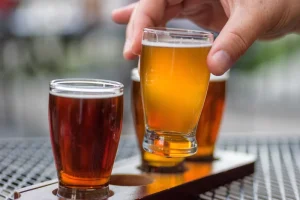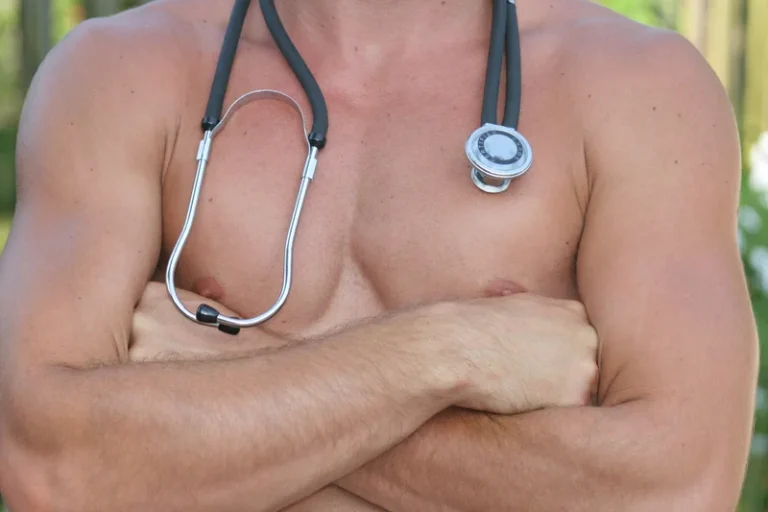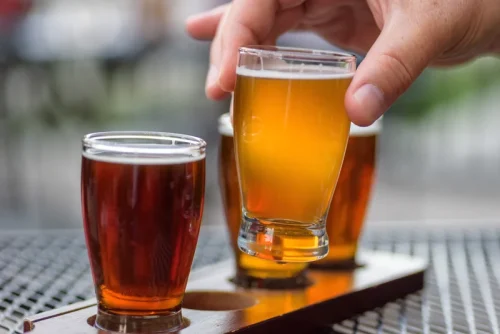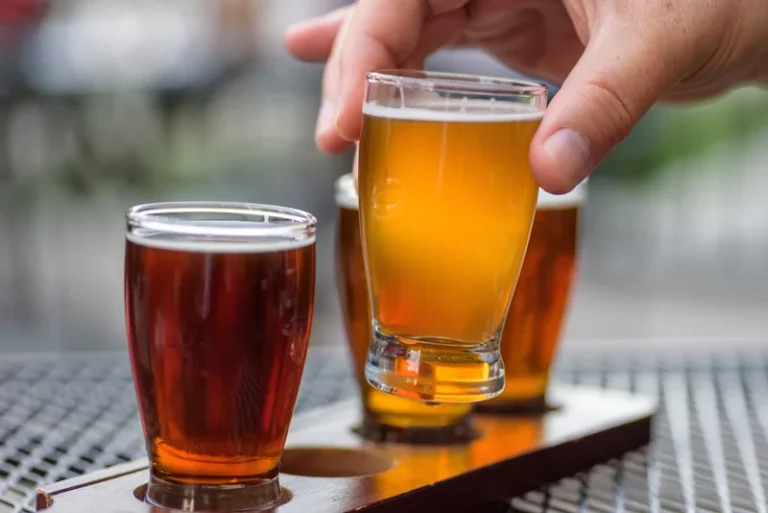
Alcohol weakens the immune system and disrupts DNA repair, potentially increasing skin cancer risk. Research suggests a link between heavy drinking and various skin cancers, though more studies are needed to define precise risk ratios. Along with urticaria (see above), patients may develop low blood pressure, diarrhoea, shortness of breath, and low heart rate (anaphylaxis).
Skin Changes from Liver Disease

Alcohol disrupts iron metabolism, a major factor in PCT, a rare skin condition causing fragility, blistering, and scarring. While alcohol isn’t the sole cause, studies find 70% of PCT patients have significant alcohol intake. We spoke to Dr. Bart Kachniarz from Belcerna Plastic Surgery in Miami about skin-related side effects of alcohol abuse and how they can be treated, if at all. Alcohol abuse reduces the body’s ability to process vital nutrients and vitamins that the skin needs to remain healthy. Over time, this can lead to impurities in pores and can cause aggressive acne. Since alcohol messes with the production of crucial enzymes that help with digestion, those who drink alcohol may find that their small intestine is not properly processing food.

Liver Damage and Jaundice: What Are the Signs?
- The liver usually processes this waste product and flushes it into the digestive system, where it is excreted.
- In rare cases, these drugs can cause an allergic reaction that can be life-threatening.
- Alcoholic drinks are high in calories and have no nutritional benefit to your body.
- When your immune system senses that potentially harmful materials are inside your body, it might release inflammatory cells.
The kidneys are a pair of important organs that lie near the spine whose function is to filter blood. There are about 1 million glomeruli in each kidney, which are tiny balls of thin blood vessels where there filtration takes place. Angioedema is a condition which can cause swelling and puffiness of the face, mouth, tongue, hand or genitals. It is often related to an allergic reaction to food, medicines or insect bites.
- Long-term alcohol consumption can lead to spider veins in the face due to how the beverage affects the blood vessels.
- Express your concern, offer support, and encourage them to seek professional help or join a support group like AA (Alcoholics Anonymous).
- Alcohol-related physical symptoms can vary in how well they can be treated and how permanent the effects are.
- This can result in facial redness and contribute to what’s known as an alcoholic nose.
- Drinking too much alcohol enlarges blood vessels in your face, resulting in facial redness and changes in skin tone and texture.
Levels of Care at IRC

Addiction treatment professionals will give you the best alcoholic nose possible chance of overcoming your alcohol use disorder. They’ll evaluate you thoroughly, helping you determine the underlying causes of your addiction. They’ll detoxify your body, supervising your alcohol withdrawal and easing the painful symptoms that may come with it.
Common accompanying symptoms of a swollen face
These signs are not conclusive diagnoses but can provide clues to a person’s struggle with alcoholism. Nummular or discoid dermatitis occurs more frequently in alcohol abusers, particularly in those with abnormal liver function tests. High pressure within the venous system in the liver leads to high pressure in the venous system elsewhere in the body including the veins around the umbilicus (belly button). This may occur due to unhealthy sleeping patterns or due to dehydration of the skin from alcohol. The program also offers support groups and other services to help individuals stay on track with their recovery. With the help of New Method Wellness, individuals can overcome their addiction and begin their journey toward long-term recovery.

How Long Does Alcoholic Neuropathy Take to Go Away?
If you have significant facial swelling or trouble breathing, seek emergency care. The most common causes of facial swelling arise from a dental or skin infection, or an allergic reaction which can also cause hives, wheezing, and vomiting. Other causes of face swelling include dehydration, hormonal imbalance, or physical trauma to the face.
- The more a person drinks, the more likely they are to break these blood vessels.
- Alcohol also affects your sleep, resulting in dark circles, puffy eyes, and worsened hangover symptoms.
- People who consume large amounts of alcohol regularly often undergo physical and psychological changes to the face.
- In the case of alcoholic face, it’s all about cutting back on drinking alcohol.

People who experience this side effect have a mutation of aldehyde dehydrogenase 2 (ALDH2), a detoxifying acetaldehyde. Unfortunately, nothing can prevent reactions to alcohol or ingredients in alcoholic beverages. To avoid a reaction, avoid alcohol or the particular substance that causes your reaction.
